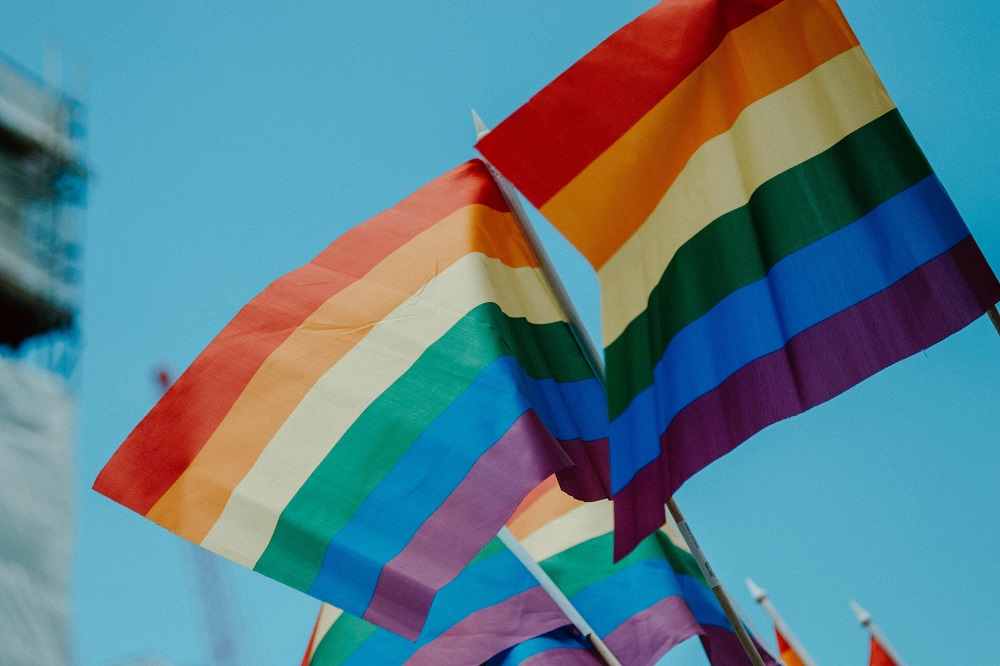The impact of the public health crisis was much greater on the marginalised groups due to their vulnerability and exposure to unfavourable socioeconomic circumstances. In that regard, lesbian, gay, bisexual, transgender and intersex (LGBTI) people are some of the most marginalized groups in Western Balkans. Having in mind the unfavourable context, the blog aims to briefly analyse the key issues the LGBTI community in Serbia face during the COVID-19 pandemic.
The LGBTI population in Serbia is marginalized, although there is comprehensive anti-discrimination legislation, its implementation is rather slow. According to the findings of the United Nations Human Rights Mechanisms, they most commonly face the highest risk of discrimination, poverty or social exclusion. As a consequence of imposed quarantine, domestic violence increased globally and so in Serbia, according to the available research, one-fifth of LGBTI persons live in fear of violence or suffer from violence in the place where they are isolated during the pandemic. One may argue that the data obtained by the research comes of no surprise as violence is already commonly present in the LGBTI community, especially in countries in which there are no defined laws that can protect such a vulnerable group, or in which the laws exist but are improperly implemented.
For LGBTI youth, this may mean they had to stay with family members that are unsupportive of their sexual orientation or gender identity – which increases the risk of LGBTI youth being homeless. According to the Equal Rights Association (ERA), a regional LGBTI umbrella organization, isolation had a tremendous impact on the LGBTI community in the Western Balkans, as they have faced physical and psychological violence at home, lost their jobs and fallen into extreme poverty. Mental health is also at risk, especially for the LGBTI youth, as the fear of possible violence may lead to anxiety and depression. According to the aforementioned research conducted by ERA, transgender people undergoing hormone therapy and homeless LGBTI people were one of the most affected communities (see Figure 1). The absence of the institutional support system, the unfavourable socio-economic conditions, further confirms the alienation of the LGBTI community from society and reiterates the need for the crucial change on all levels.
Figure 1: Most affected communities in the Western Balkans

Source: “Questionnaire Impact of COVID-19 Measures on the LGBTI Community in the Western Balkans”, ERA, May-June 2020
Furthermore, one of the main barriers LGBTI people faced, even before the pandemic, is access to health care services. According to the previously mentioned research, 39% of LGBTI people in Western Balkans have experienced discrimination when either using or attempting to use health care services and 12% have foregone medical treatmentbecause of fear of discrimination. The stay-at-home orders have further restricted their access to essential services, particularly regarding serviced from state institutions and drop-by centres. For homeless LGBTI youth, basic supplies such as hygienic necessities, food, medication, clothes and so on are impossible to secure. Because of the low visibility of LGBTI persons and their lack of trust in health institutions, health-related challenges are inevitable and are just amplified during a time where personal health is at high risk.
Ultimately, in the Western Balkans, the COVID-19 response toward vulnerable groups was insufficient. Consequently, one may argue that the response contributed to the already existing disparities in health, employment etc. for the LGBTI community. In the future, in health, humanitarian or other emergencies governments should also pay attention to the unique needs and provide the necessary support to marginalised groups.








